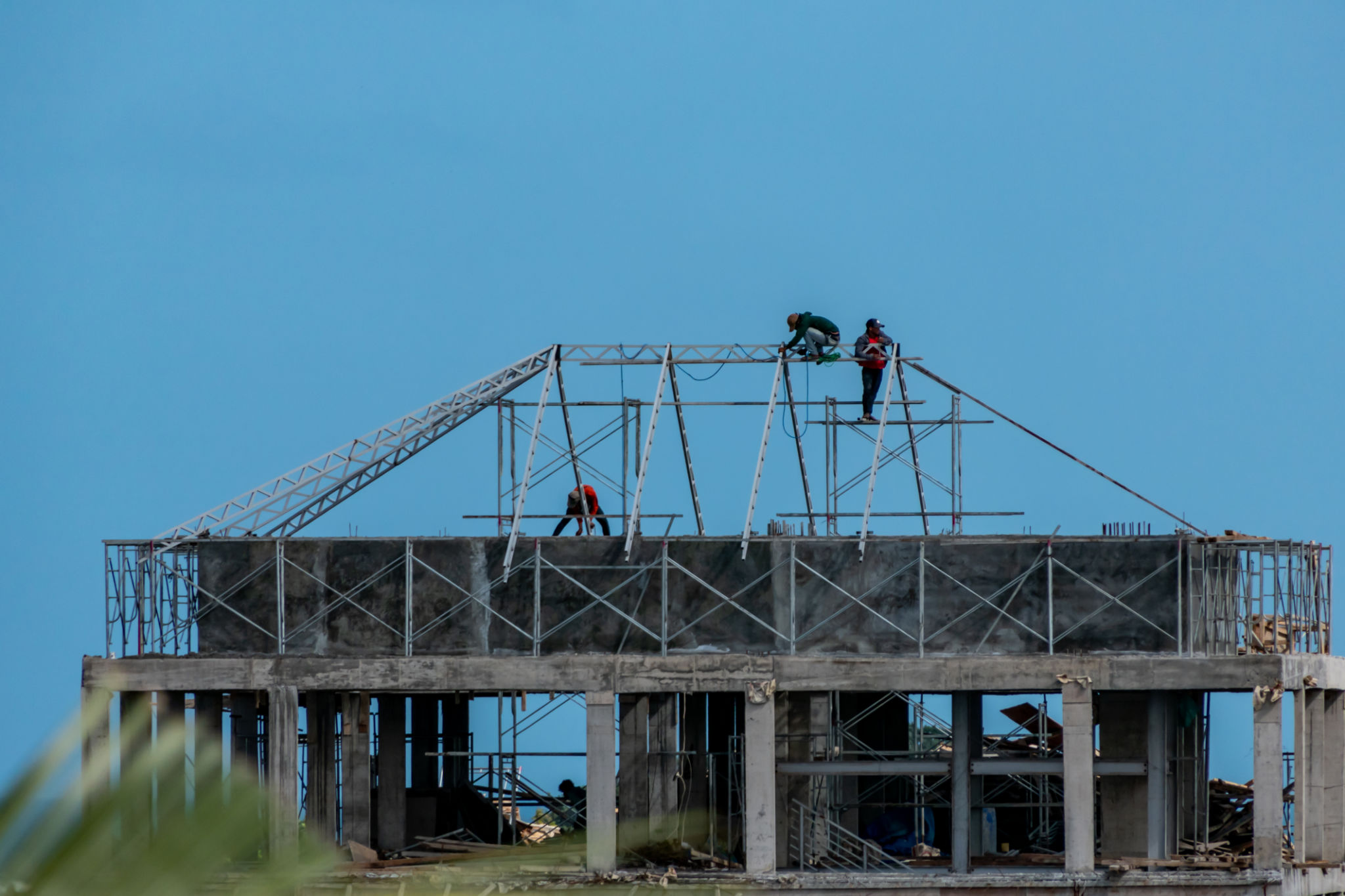Common Misconceptions About Property Development in Bali
Understanding Property Development in Bali
Property development in Bali has become a hot topic in recent years, attracting investors from all over the world. However, despite its popularity, there are several common misconceptions that often lead to confusion and misinformed decisions. This post aims to clarify these misunderstandings to provide a clearer picture of what property development in Bali truly entails.
Misconception 1: It's Easy to Buy Land in Bali
A widespread belief is that purchasing land in Bali is a straightforward process. In reality, the Indonesian government has specific regulations governing foreign ownership of land. Foreigners cannot directly own land in Indonesia but can acquire property through leasehold agreements or by setting up an Indonesian legal entity.

Understanding the legal framework is crucial for anyone considering property development in Bali. It's advisable to engage a local legal expert who can guide you through the intricate process and ensure compliance with Indonesian laws.
Misconception 2: All Areas in Bali Are Ideal for Development
While Bali is a beautiful island with many attractive spots, not every area is suitable for property development. Some regions are protected due to their cultural or environmental significance, and others may not have the necessary infrastructure to support new developments.
Conducting thorough due diligence and research on potential locations can help identify areas with growth potential and avoid investment in restricted zones. Consulting with local real estate agents can provide valuable insights into market trends and viable locations.

Misconception 3: Property Development Yields Quick Returns
Many investors are under the impression that property development in Bali promises rapid returns on investment. However, like any real estate venture, it requires time, patience, and careful planning. Market fluctuations, regulatory changes, and construction delays can all impact the timeline and profitability of a project.
Developers should be prepared for a long-term commitment and ensure they have a solid business plan in place. Engaging with experienced professionals, from architects to project managers, can greatly enhance the success rate of your development.

Misconception 4: Cultural Factors Don't Affect Development
Bali's rich cultural heritage plays a significant role in property development. Ignoring local customs and traditions can lead to conflicts with community members and even legal challenges. Investors should be respectful of Balinese culture and involve local stakeholders in their projects.
Incorporating traditional architectural styles and practices not only fosters goodwill but can also add unique value to your development. This approach can set your property apart in a competitive market while preserving the island's cultural identity.
Misconception 5: All Developers Have the Same Level of Expertise
It's easy to assume that all developers are equally skilled, but this is far from true. The quality of work can vary significantly between developers, impacting the success of your project. Partnering with reputable developers with a proven track record is essential for ensuring high standards and minimizing risks.
Researching past projects, seeking references, and conducting interviews can help identify the right developer for your needs. This due diligence can prevent costly mistakes and ensure your investment is in capable hands.

Conclusion
Understanding these common misconceptions about property development in Bali is crucial for making informed investment decisions. By recognizing the complexities involved and engaging with knowledgeable professionals, investors can navigate this vibrant market successfully. With the right approach, property development in Bali can be both rewarding and sustainable, contributing positively to the island's economy and its unique cultural landscape.

